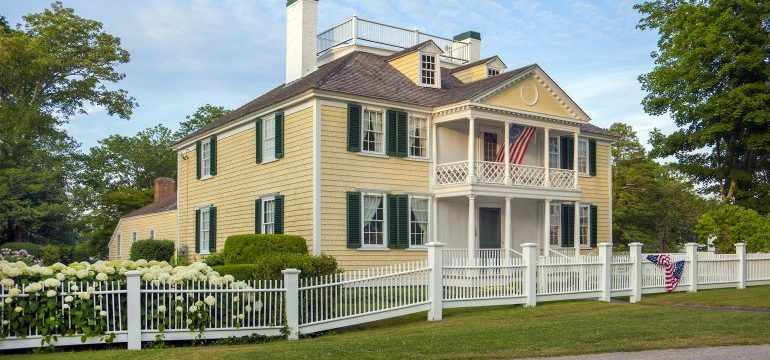Buying a historic home certainly has a coolness factor about it. You can regale your guests with stories about your home’s history and carry on the home’s legacy for future generations.
But the fulfillment you get from owning a direct link to your community’s past might be overshadowed by the expense of renovating — or even maintaining — a historic building.
Historic homes, while fascinating, are by definition old, VERY old. Here are several things to consider.
Take emotion out of the equation. Have a clear mind and unbiased heart when deciding on the purchase of a historic home. At inspection time, be prepared for the worst. Out-of-date electrical wiring, foundation issues, poor plumbing, drafty windows and potential code violations are just some of the problems you may encounter.
Get estimates. Talk with several contractors to find out exactly how much money the work will cost and how long it will take to bring the home into the 21st century.
Restore versus renovate. Keep in mind, your potential home is historic for a reason. Updating the wiring and plumbing is understandable, but changing the entire character of the home may be forbidden if the house is protected by national, state or local historic preservation measures. Be certain to ask what restrictions are in place. The benefits can far outweigh the negatives if you have the stamina and money to see a renovation through. A properly done renovation can completely transform a home while keeping its historical charm. It will greatly increase your home’s resale value, but also your property taxes.


